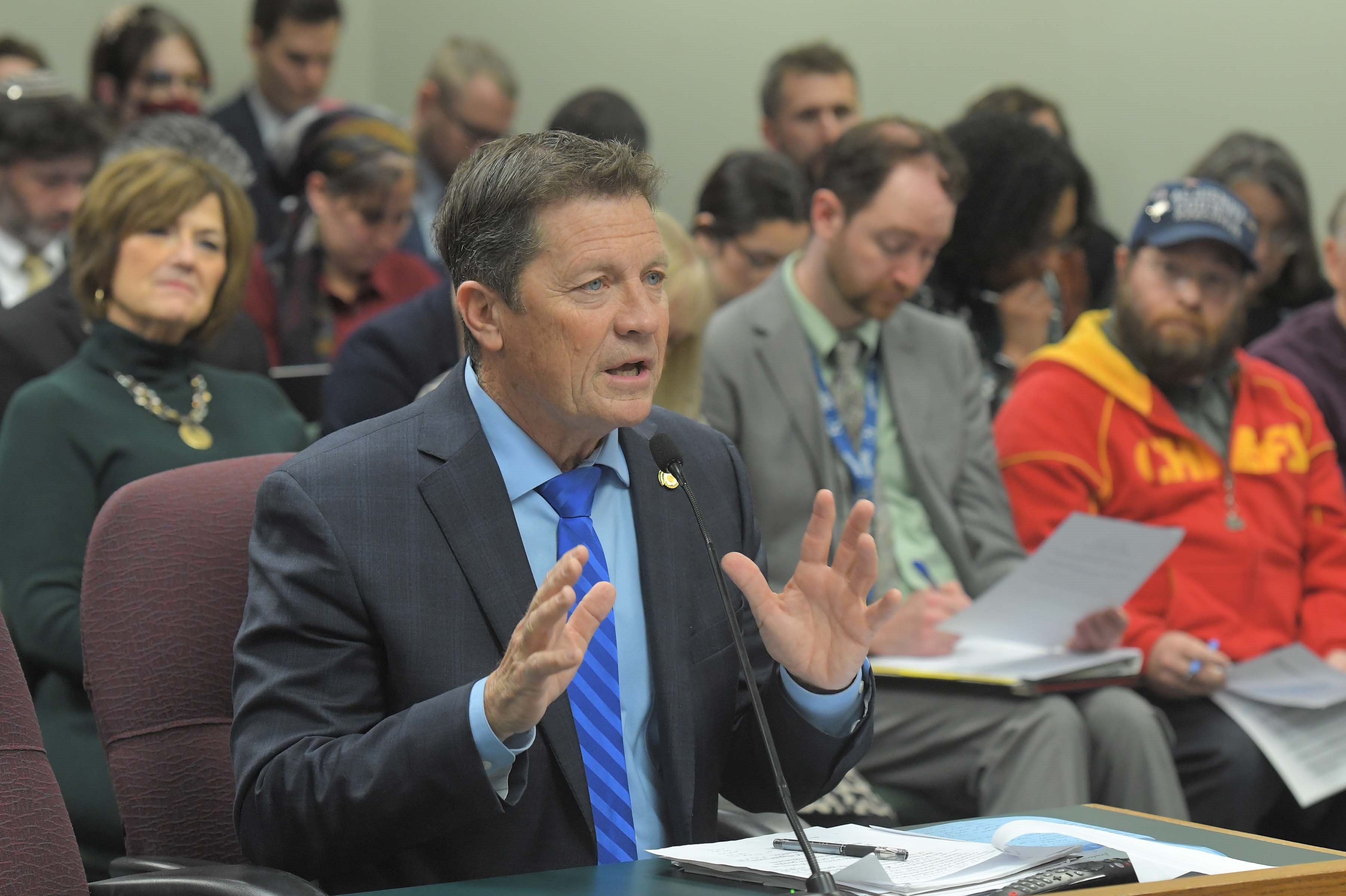Laws are being passed or considered in multiple states and other nations which require those who kill parents while driving drunk to pay restitution to surviving children. Now the woman who is the driving force behind the idea says it’s time for it to be enacted where it began: Missouri.

In April 2021, in Jefferson County, a drunk driver caused an accident that killed 24-year-old Lacey Newton, 30-year-old Cordell Williams, and four-month-old Cordell Williams, Jr., of Bonne Terre. The couple left behind two surviving children, Bentley and Mason, now being cared for by Cordell’s mother, Cecelia Williams.
Williams soon began crafting what has become known as “Bentley and Mason’s Law,” or more commonly “Bentley’s Law.” It would require people who are convicted of killing a parent or parents while driving drunk to pay child support for the care of surviving children.
In the Missouri House, it is being sponsored for the third year by Representative Mike Henderson (R-Bonne Terre), in House Bill 1958.
Williams on Wednesday told the members of the House Judiciary Committee, “This bill is not only about paying that restitution. This bill is about people understanding that there are true consequences to one’s actions, and when we add on the extra consequences of that child maintenance, we’re sending a message that you cannot just get in a vehicle and kill people.”
Henderson said in the wake of crashes of this nature, surviving children are left in many different situations.
Williams said that some who have found themselves in her position, aren’t able to raise the surviving children, and their trauma is multiplied.

The committee also heard from the mother of 23-year-old Racheal Grace Neldon, who was one of four people killed in an accident she says was caused by a drunk driver in April of last year. Jennifer Neldon told the committee while this bill wouldn’t help her family, it could be a deterrent to at least some people who would drive drunk.
Of the places that have enacted this policy, Williams said, “The bill passed in Tennessee in 2022. In 2023 it passed in Kentucky, Maine, and Texas. We have bills that are called ‘Bentley’s Law’ overseas … I received a call in the middle of the night from a news station in Korea. On March 17 of 2023, Bentley’s Act was introduced in Korea. This bill, now, is in Puerto Rico … we also have a bill in Guam.”
She told the committee she will testify in March before the Parliament of Canada, where such a law is being considered.
The Committee’s chairman, Representative David Evans (R-West Plains), told Williams, “Certainly it is a tragedy; soul-piercing sadness, the brief little bit of understanding we have of what you’ve gone through, but on the other hand the uplifting and courage you’ve shown, the dedication to try to use that experience that you’ve gone through to, and literally have, change the laws, change the people of the world. That’s quite amazing, what you have done.”
The committee is expected to vote soon on Bentley and Mason’s Law.
See Cecelia Williams’ testimony to the House Judiciary Committee below:






